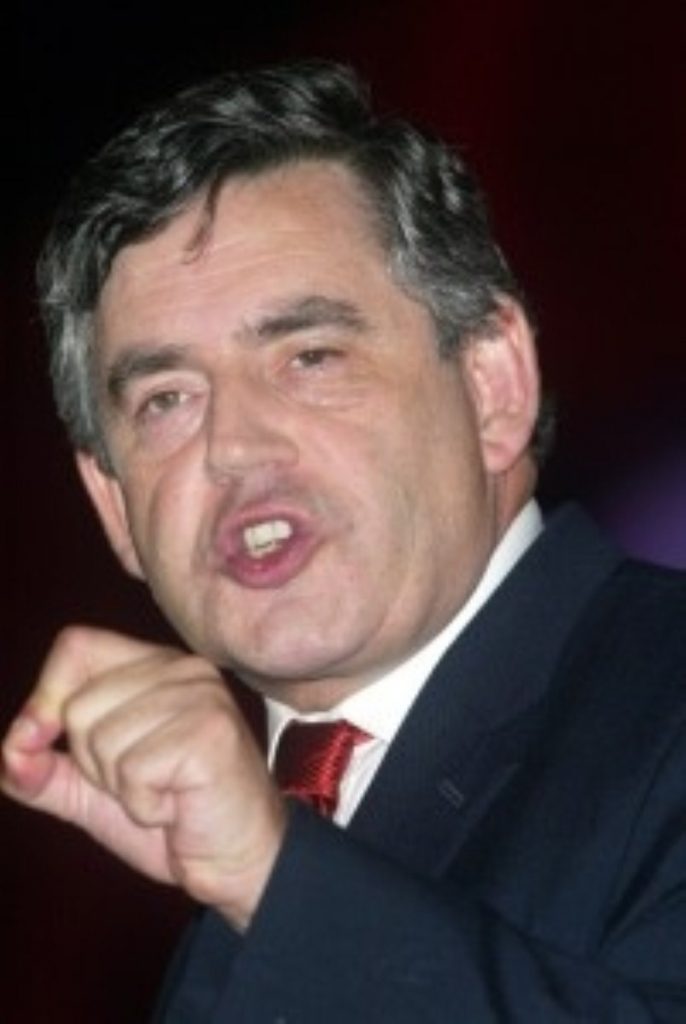UK to offer ‘strong leadership’ on climate change
Gordon Brown today announced a host of measures to ensure Britain would be a leader in global efforts to tackle climate change.
The chancellor’s proposals included an extension of the European emissions trading scheme (ETS), new agreements with developing countries to produce biofuels and the expansion of a global fund to help energy efficiency in developing countries.
His announcement coincided with the publication of the Stern review into the economic impact of climate change, which warned that the world must invest one per cent of GDP to stem global warming. Taking no action could cost up to 20 times that, the report said.
Speaking at the launch of the review, Mr Brown said that whereas in the 20th century economic ambitions were based on achieving stable economic growth and full employment, in the 21st century the aim of environmental care must be added.


The benefits of a new environmental market were already evident – the sector was worth £16 billion and 170,000 jobs in 2001, but this rose to £25 billion and 400,000 jobs in 2004. A further 100,000 jobs are expected within the next ten years, Mr Brown said.
But he accepted more action must be taken, and confirmed that a climate change bill would be in the Queen’s speech next month. This would put into law the target to cut emissions by 60 per cent on 1990 levels by 2050 and create a new independent watchdog.
However, individual countries could only do so much, Mr Brown said. Earlier, Tony Blair noted that Britain only produced two per cent of the world’s emissions and if these were eradicated, China’s growth would wipe out the difference in less than two years.
The chancellor said that in the same way as world leaders decided 60 years ago that international cooperation was the best way to solve their economic challenges, so today, “international cooperation and consensus at home is again the only way forward”.
“Working apart we will surely fail, but working together we can succeed. Our children will not excuse a failure of political will to do so. But with strong leadership we can rise to this challenge,” Mr Brown said.
The European Union ETS currently accounts for half of all UK and EU emissions, but the chancellor said today Britain would be pressing for its expansion into new sectors, including aviation, and for it to link up with other ETS schemes around the world.
This would create a “truly global carbon market” where low-carbon activities would be cheaper than high-carbon activities, he said. In addition, the government announced its intention to reach some agreement on a replacement for the Kyoto protocol by next year.
However, the Stern review warns the effects of climate change – floods and shortages of food and water – would hit the poorest countries the hardest, and today the chancellor announced a raft of new measures to help the developing world.
The World Bank has already committed $900 million to lend to poorer countries for energy efficiency measures and investment in renewables, but Mr Brown today revealed a new target of getting $20 billion in the fund.
Britain has set up a joint task force with Brazil, South Africa and Mozambique to promote the development of sustainable biofuels – made from palm and rape oils among others – in southern Africa.
A new partnership has also been set up with Brazil, Papua New Guinea and Costa Rica to promote sustainable forestry – the decimation of the rainforests contributes more to global emissions than the entire transport sector.












